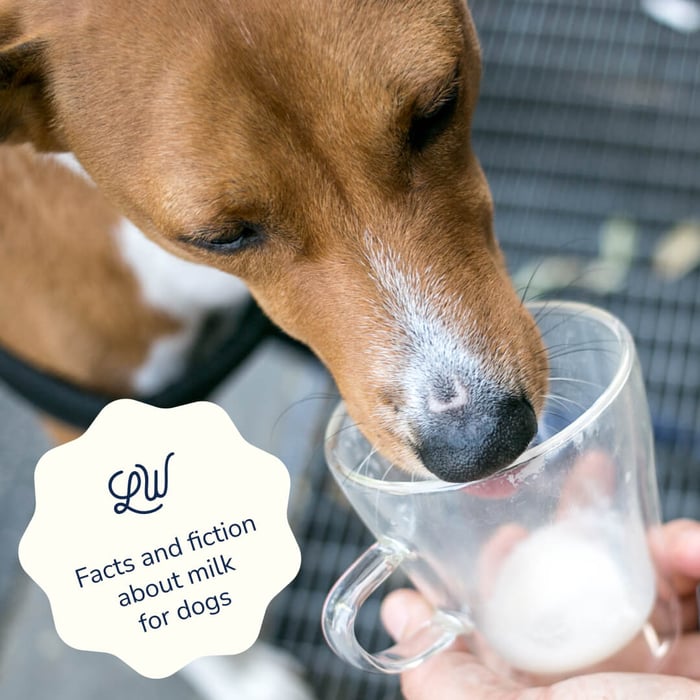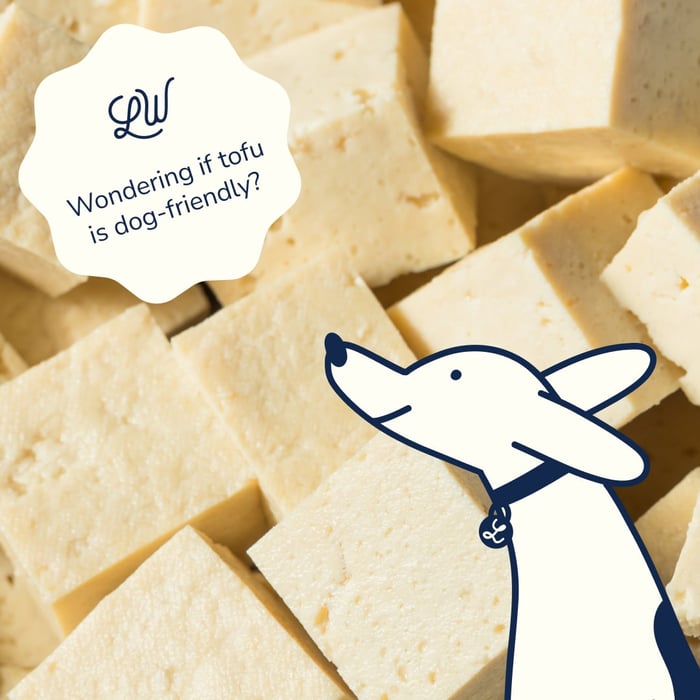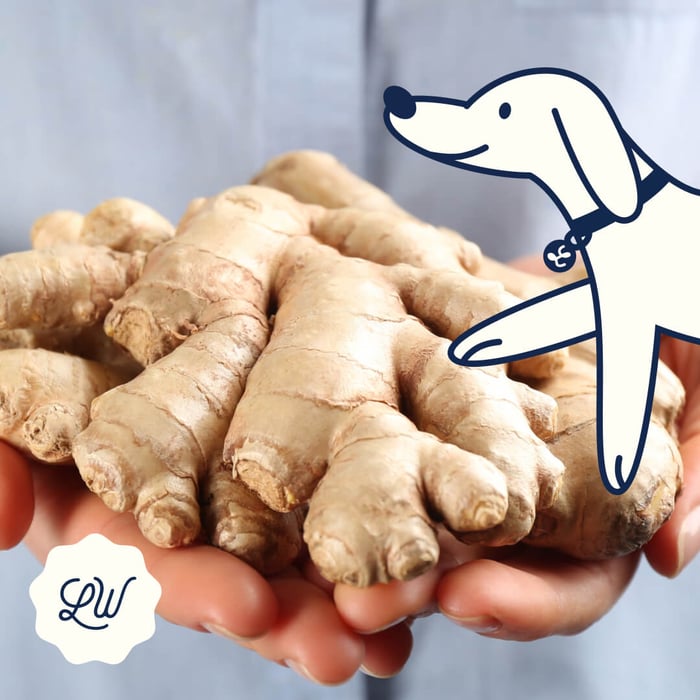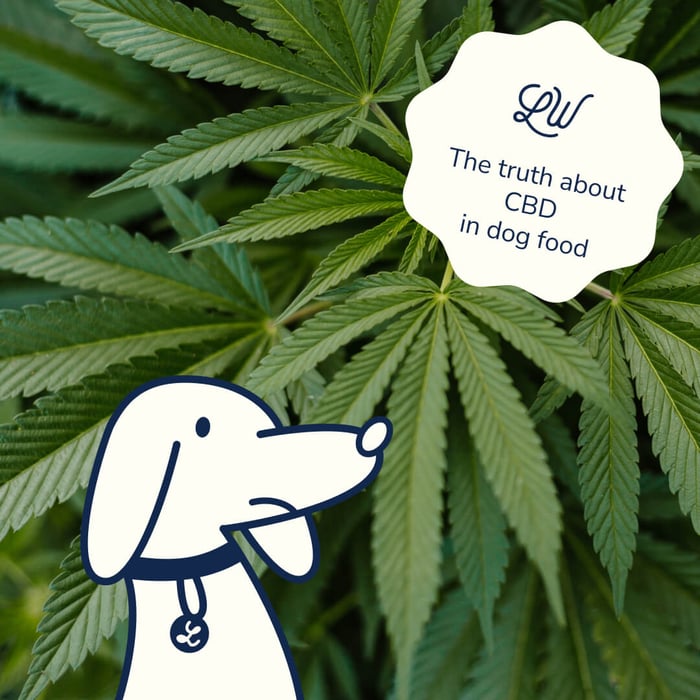In the realm of pet nutrition, milk often emerges as a topic of curiosity. Its association with wholesomeness and nourishment for humans naturally leads pet owners to wonder: Can my dog drink milk? Let's delve into the complexities surrounding this question.
The Nutritional Properties of Milk
Milk is renowned for its rich composition of essential nutrients, including calcium, protein, and vitamins. These elements contribute to bone health, muscle development, and overall vitality in both humans and animals. However, it's crucial to recognize that milk also contains lactose, a sugar that some dogs struggle to digest due to a deficiency in lactase, the enzyme responsible for breaking down lactose. Consequently, while milk may offer nutritional benefits, its lactose content poses a potential risk for digestive discomfort in certain dogs.
Different Types of Milk and Their Suitability for Dogs
Can my dog drink milk? When considering milk for your canine companion, not all varieties are created equal.
-
Traditional cow's milk, while rich in nutrients, often contains high levels of lactose, making it challenging for lactose-intolerant dogs to digest.
-
In contrast, alternatives such as goat's milk and lactose-free cow's milk offer gentler options for sensitive stomachs. Goat's milk, in particular, boasts a composition closer to that of mother's milk, making it a popular choice for puppies and adult dogs alike.
-
Oat and almond milk have gained popularity in recent years as non-dairy alternatives for humans seeking plant-based options. While these milk alternatives may seem appealing for their lactose-free and vegan-friendly qualities, they may not necessarily be the best choice for dogs. Oat milk, although generally safe in small amounts, may contain additives or sweeteners that are not suitable for canine consumption. Almond milk, on the other hand, poses a potential risk due to its high fat content, which can lead to digestive issues in dogs.
In essence, at LOONAWELL we do not recommend giving your dog oat milk or almond milk.
Lactose-free or Goat’s milk for dogs: How much can I give my dog?
For dogs without lactose intolerance, small quantities of lactose-free or goat milk can be a delightful treat. Experts recommend limiting milk consumption to occasional indulgences rather than incorporating it as a staple in their diet. Additionally, when introducing milk to your dog's regimen, it's advisable to start with a small amount and monitor their response closely. Signs of lactose intolerance may include diarrhea, vomiting, or bloating, in which case milk should be avoided altogether.
Watch Out for Additives in milk for dogs
In addition to lactose, it's crucial to be mindful of additives and sweeteners that may be present in certain milk products. Artificial sugars such as xylitol, commonly found in sugar-free and low-calorie versions of human foods, can be highly toxic to dogs, leading to symptoms ranging from vomiting and lethargy to seizures and liver failure. Even small amounts of xylitol can have severe consequences for your canine companion. Therefore, when selecting milk products for your dog, opt for options without added sugars or artificial sweeteners to ensure their safety and well-being.
Reading ingredient labels carefully and choosing organic, minimally processed options is the best way to safeguard your pet's health. As always, if you suspect your dog has ingested a harmful substance, seek immediate veterinary attention for prompt treatment and care.
In conclusion and to answer your question "Can my dog drink milk?", while milk holds undeniable nutritional value, its compatibility with your dog's digestive system hinges on various factors, including lactose tolerance and the type of milk consumed. As with any dietary decision for your pet, consulting with a veterinarian is paramount to ensure their health and well-being.
What about other dairy products for dogs?
In considering dog nutrition, many people are also tempted to explore not just milk but also other dairy products like cheese or yogurt, which can be a subject of interest for dog owners. When it comes to cheese for dogs, like milk, it contains lactose, but in varying amounts depending on the type. Yogurt for dogs is tricky because of lactose content, but also because of artificial additives. What other ingredients for dogs are you interested in learning more about? Write to us at hello@loonawell.com and our experts will answer all your concerns.




